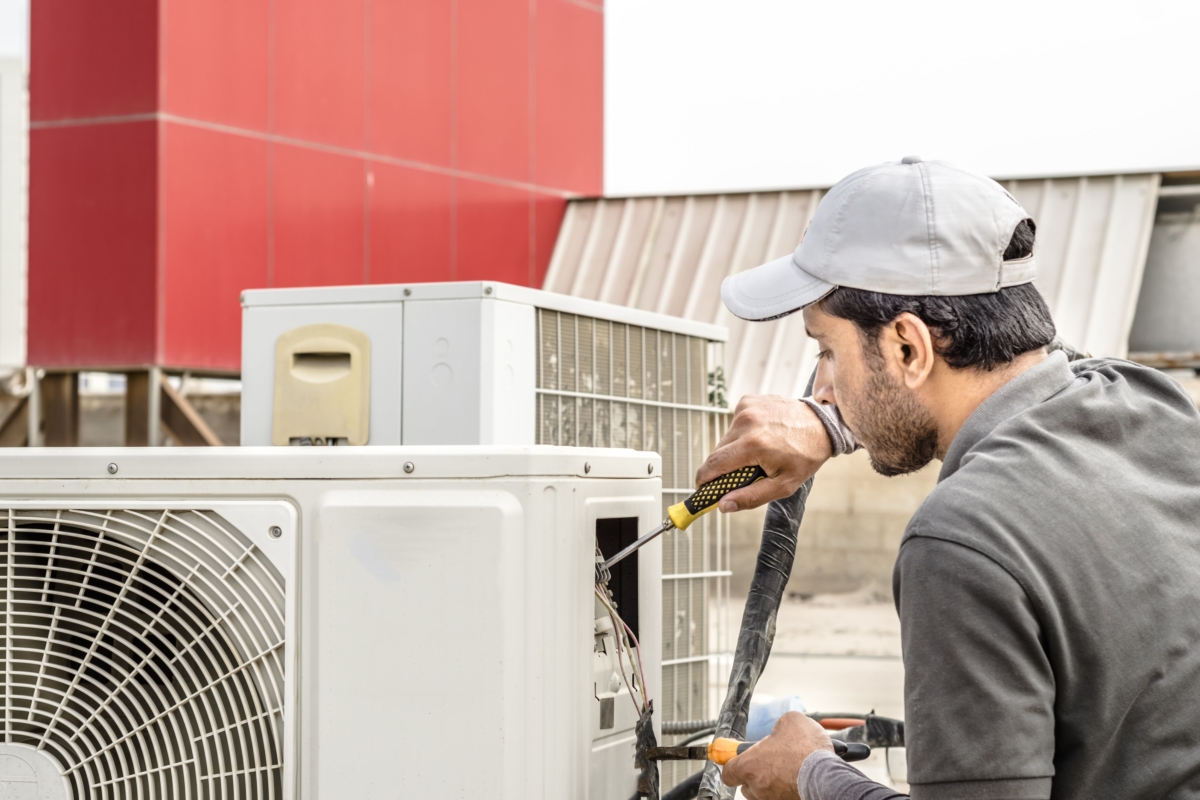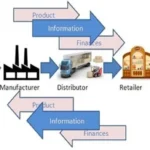Selecting an efficient HVAC system is not just a matter of comfort but also one of energy conservation and cost-effectiveness. With an array of options available in the market, understanding the key factors contributing to HVAC efficiency is essential.
Whether you’re installing a new system or upgrading an existing one, the insights provided here will help ensure you select an HVAC system that provides optimal performance and sustainability.
Feel free to dive into the expert guide for choosing an efficient HVAC system, and if you have any questions, you can contact Anderson Air.
Table of Contents
SEER ratings
The Seasonal Energy Efficiency Ratio (SEER) ratings measure the cooling effectiveness of air conditioners and heat pumps. A higher SEER rating indicates greater energy efficiency, resulting in lower utility expenses and a reduced environmental impact.
The SEER rating is used as a basis for the ratio between the cooling output and the energy consumption of a cooling system during a typical cooling period.
It’s important for consumers to consider SEER ratings when selecting an HVAC system, as they directly affect the long-term cost of operating the system. Energy-efficient systems with high SEER ratings not only provide savings on energy bills but also offer enhanced comfort with consistent temperature control and reduced carbon emissions.
Size
Proper sizing of your HVAC system is crucial for ensuring peak efficiency and maintaining comfort in your space. An oversized system will cycle on and off more regularly, which is less efficient and can lead to increased wear on components and uneven temperature variations.
Conversely, an undersized system will need help to maintain the desired temperature, potentially reducing its lifespan and leading to higher energy consumption as it continuously runs to meet heating or cooling demands.
To determine the right size for your HVAC system, a professional will consider several factors, including square footage, climate zone, insulation quality, window size and orientation, and even the number of occupants in the building.
This precise calculation, often called “Manual J” load calculation, ensures that the selected system is tailored to your unique needs, providing maximum comfort while operating at optimal efficiency.
Regular maintenance
Your HVAC unit will work at maximum efficiency if you maintain it regularly. Neglecting routine upkeep will result in decreased performance, increased energy usage, and premature breakdowns.
To avoid these pitfalls, establish a consistent maintenance schedule that includes things like changing air filters every one to three months, inspecting and cleaning air ducts annually, and scheduling professional inspections at least once a year.
Additionally, homeowners can take DIY measures like ensuring that vents are not blocked by furniture, sealing any leaks in windows and doors to maintain proper insulation, and cleaning around outdoor units to prevent airflow obstruction. You can enjoy sustained efficiency, reduced energy costs, and a comfortable living or working environment year-round by taking proactive steps to keep your HVAC system.
Insulation
Proper insulation and airtight ductwork are foundational elements that significantly boost the efficiency of an HVAC system. Proper insulation helps retain a consistent temperature in the home by reducing the thermal exchange between the interior and exterior environments.
This means that, during winter, heat generated by the heating system is less prone to escape, and during summer, the cool air stays inside, lessening the workload on the HVAC system.
Similarly, sealed ductwork ensures that the air pushed through the system does not leak into unoccupied spaces like attics or crawl spaces, a common issue leading to significant energy wastage. Duct sealing and insulation can drastically reduce these inefficiencies, allowing the HVAC system to deliver heating and cooling more effectively.
As such, homeowners and building managers can see a reduction in the regular energy expenditure required to maintain comfort, all while extending the overall lifespan of their HVAC units.
Environmental considerations
HVAC systems significantly impact the environment mainly through their energy consumption and refrigerant usage. Traditional systems often run on fossil fuels and use refrigerants that can contribute to greenhouse gas emissions when leaked, thus exacerbating climate change.
Energy-efficient models such as those with Energy Star ratings help reduce carbon footprints by using less energy. This translates into fewer emissions coming from power plants.
Additionally, newer HVAC systems are designed to use eco-friendly refrigerants with lower global warming potential. By choosing these models, homeowners can help create a sustainable future while minimizing the environmental impact.
Cost vs. efficiency
When choosing an HVAC system, homeowners and business operators must consider the upfront investment versus long-term energy savings. Higher-efficiency systems may have a higher price due to advanced technology, better materials, and sophisticated design. However, these upfront costs can be balanced out by significant reductions in energy bills over time.
Calculating the payback period, which varies based on local energy rates and usage patterns, is important. Considering the total life cycle cost, including installation, maintenance, and operating costs, is crucial.
Energy-efficient systems may have higher upfront costs but require less maintenance and last longer. It’s essential to stay informed about incentives like rebates and tax credits to help offset initial expenses.












